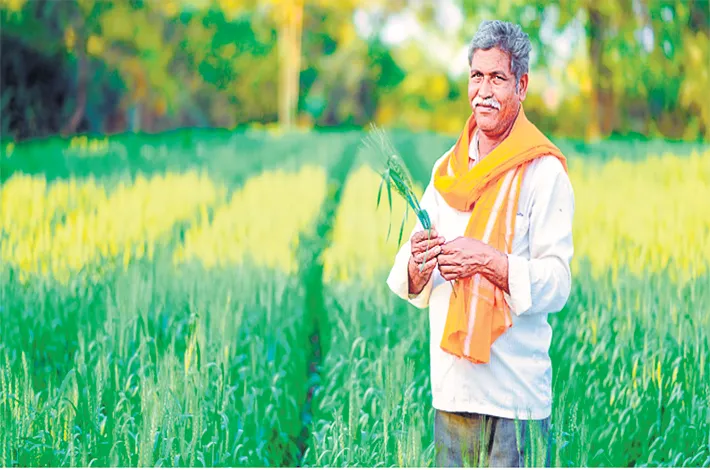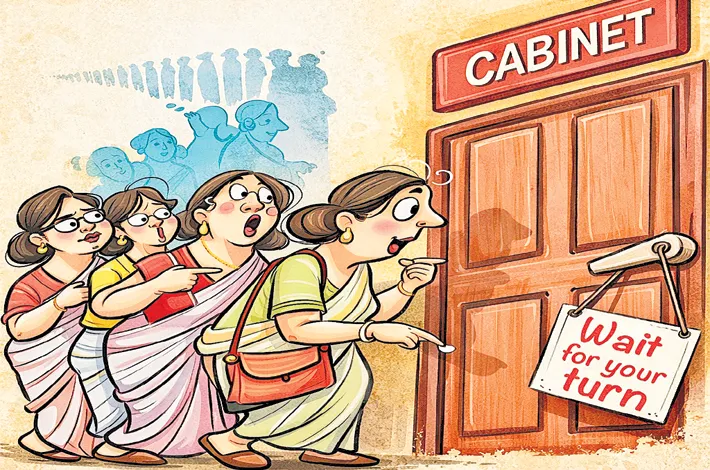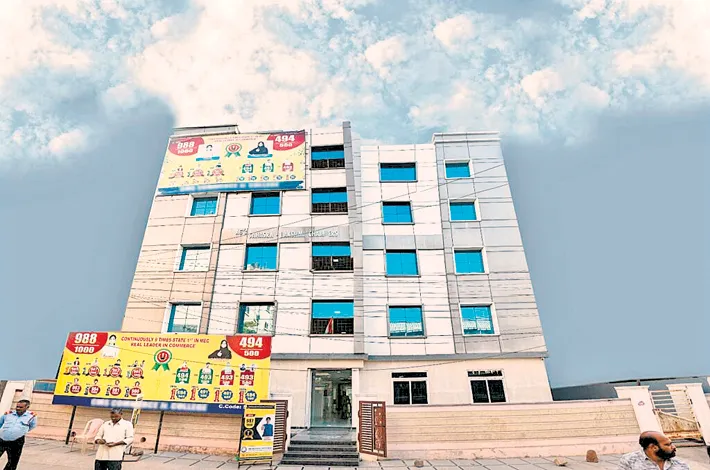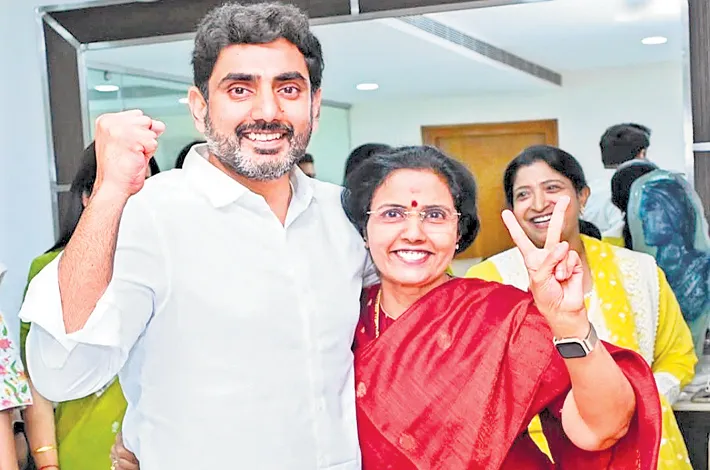Telangana govt planning to bring back Adarsh Rythu
05-07-2025 12:00:00 AM

- Appointment of 13,000 Adarsh Rythus—five each per agriculture cluster
- One Adarsh Rythu for every 1,000 acres
- Telangana currently has 2,604 agriculture clusters
- The proposed plan includes increasing the monthly honorarium to Rs 3,000.
It is an old scheme with a new hope. The Telangana government is actively considering reviving the Adarsh Rythu scheme, a grassroots agriculture extension program that was first launched in 2007 during the tenure of Y.S. Rajashekar Reddy in united Andhra Pradesh. The initiative aimed at strengthening the agriculture support system by appointing knowledgeable youth or farmers as liaisons between the agriculture department and the farming community.
Each Adarsh Rythu was responsible for assisting farmers on the ground—conducting field visits, providing guidance on cropping methods, promoting sustainable farming, and linking farmers to government schemes such as the Seed Village Program, Polambadi, vermicompost, organic farming, crop insurance, and the National Food Security Mission. At the time, selected individuals with SSC qualification and agricultural knowledge were appointed and paid an honorarium of Rs 1,000 per month.
However, the scheme was scrapped in September 2014 by the K. Chandrashekar Rao-led TRS government, citing inefficiencies and lack of qualified personnel. Then Agriculture Minister Pocharam Srinivas Reddy stated in the Assembly that several Adarsh Rythus were appointed without meeting eligibility norms—some were even auto or tractor drivers lacking sufficient knowledge of agriculture. At one point of time, there were 19,722 model farmers appointed.
The TRS government instead decided to recruit Assistant Agriculture Extension Officers with better technical training to carry out similar responsibilities.
Despite the criticism and discontinuation, a substantial number—over 16,000—of the 20,116 Adarsh Rythus continued to be active in districts even post-abolition. The core objective of grassroots agricultural support never truly vanished, prompting calls for a revamped version of the scheme.
In April this year, the Telangana Agriculture Commission-led by Chairman Kodanda Reddy recommended the revival of the Adarsh Rythu initiative, stressing its previous success in improving field-level outreach. Based on feedback from field officials, the Agriculture Department has proposed the appointment of 13,000 Adarsh Rythus—five each per agriculture cluster (one Adarsh Rythu for every 1,000 acres). Telangana currently has 2,604 agriculture clusters. The proposed plan includes increasing the monthly honorarium to Rs 3,000.
A detailed report has already been submitted to the Chief Minister, and a decision is expected soon from the Cabinet. However, the scheme’s revival depends on the state’s financial viability, as Telangana continues to grapple with budgetary constraints.
If revived with better qualifications and oversight, the Adarsh Rythu scheme could once again play a vital role in strengthening Telangana’s agricultural backbone.








